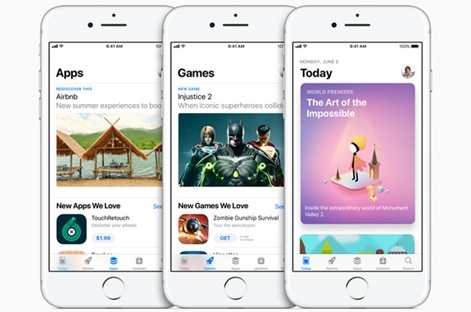We’re already nearly a week into 2018.
The world hasn’t ended (things might actually be getting better on many accounts), mobile games are still doing the business and there’s an exciting year ahead.
The mobile games industry continues to evolve and grow. According to Newzoo, it could be worth as much as $57.9 billion by the end of the year.
One of the most interesting new innovations in the games industry is augmented reality (which we’ll go into more detail in later). 2018 looks set to be a huge year for AR with the upcoming launch of the first Magic Leap headset and games like Harry Potter: Wizards Unite and The Walking Dead: Our World on the horizon.
Hot trends
Esports is another exciting trend as more companies go fully down the esports route - like Supercell has done with Clash Royale, Tencent with Honor of Kings (Arena of Valor) and Super Evil Megacorp with Vainglory, as well as other publishers taking an interest in leveraging competitive gaming in the most unlikely of mobile titles.
Whilst that will grow however, it will still take time to reach the level of the live tournaments in the biggest PC games like League of Legends.
It’s likely there will be yet more IPOs this year, as well as more big investments and acquisitions in companies as the industry consolidates following some already big deals in 2017.
There are also many challenges, not least those directed at monetisation practices of the games industry at large, rising user acquisition costs and how small developers can tackle discoverability.
We’ve written a few predictions for how the mobile games industry will develop over the next year. Click on the link below to check them out.
Click here to view the list »














